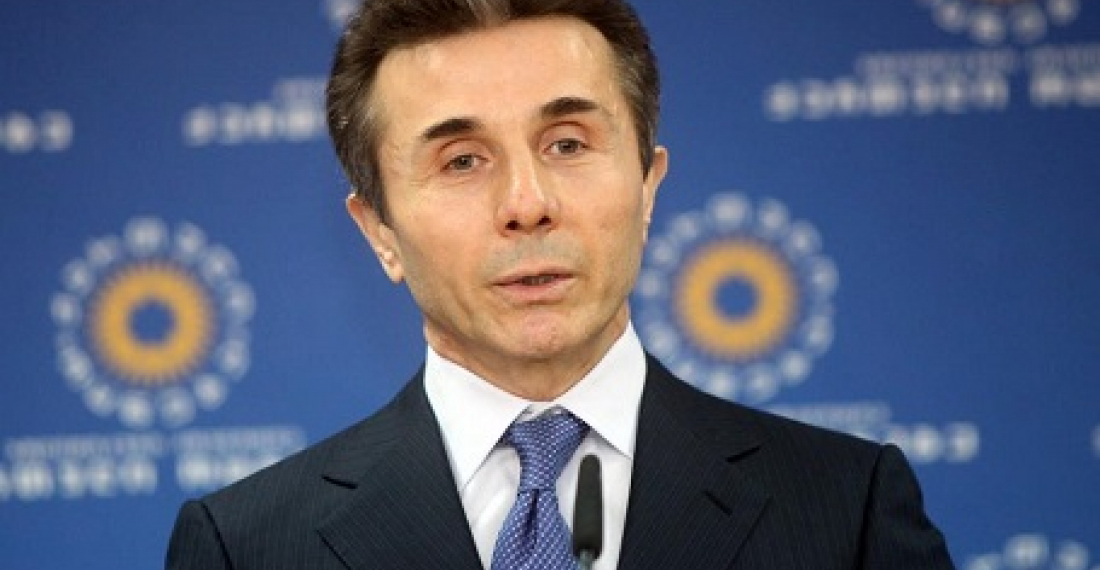Bidzina Ivanishvili, the man who has defined Georgian politics for the last decade, has declared that he is retiring from politics completely and for good. Ivanishvili was until now the Chairman of the Georgian Dream party which has been in government in Georgia since 2012.
Ivanishvili led the party to victory in the historic 2012 parliamentary elections defeating Mikheil Saakashvili's United National Movement. Ivanishvili served as prime minister for a year immediately after, but remained the power behind the throne ever since.
In a long open letter to the Georgian people Ivanishvili said "I am leaving the post of the party chairman, as well as my own party, and I will return to my private lifestyle as before 2011,"
Ivanishvili expressed trust that the members of the his party can carry on his work successfully: "The ruling team is really the best and there is no alternative to them among all political actors today. I am confident that a team of these people can replace my work, authority and skills with dignity," the letter reads.
"In just a few weeks, I will be sixty-five years old, which is one of the most important factors in my decision to end my political career. Inspired by the youth, this step of mine will not only not weaken, but I believe will further strengthen, make the ruling party more viable and motivated, encourage our supporters and make the government more energetic", he wrote.
I leave politics proud, victorious and grateful to the people. People were able to see the efforts I made only in the interests of the country and the state. I am sure that the Georgian people will also appreciate my current move, which is dictated by the same interests for which I came into politics, Ivanishvili stated.
Commonspace.eu political editor said in a comment that this can be a defining moment in Georgian politics. Ivanishvili has been a larger than life figure who has dominated Georgian politics for a decade. In 2012 he was able to unite a fragmented opposition to Mikheil Saakashvili and to defeat Saakashvili in a historic election. Ivanishvili was only officially part of the Georgian government for the first twelve months, and has since been largely in the background, although he did have to take a more prominent role in recent years when problems within his party appeared to threaten its future.
Many in Georgia will suspect that despite today's decision Ivanishvili will still be somehow the power behind the throne. It is likely that he himself genuinely wants to leave politics. However, Ivanishvili may not understand that once in politics you never leave completely. Politics is not like a business that you can sell off or leave to a relative. In Georgia there will be those, friends and foes, who will in the coming years seek to draw Ivanishvili back into the political fray. It will take a very strong will on his part to resist the challenge or temptation. For the moment all eyes are on the people in the Georgian Dream party and their capacity to govern without the support of their mentor. This, time will tell, although it may not be such a long time before it becomes clear.
source: commonspace.eu
photo: Bidzina Ivanishvili (archive picture)







